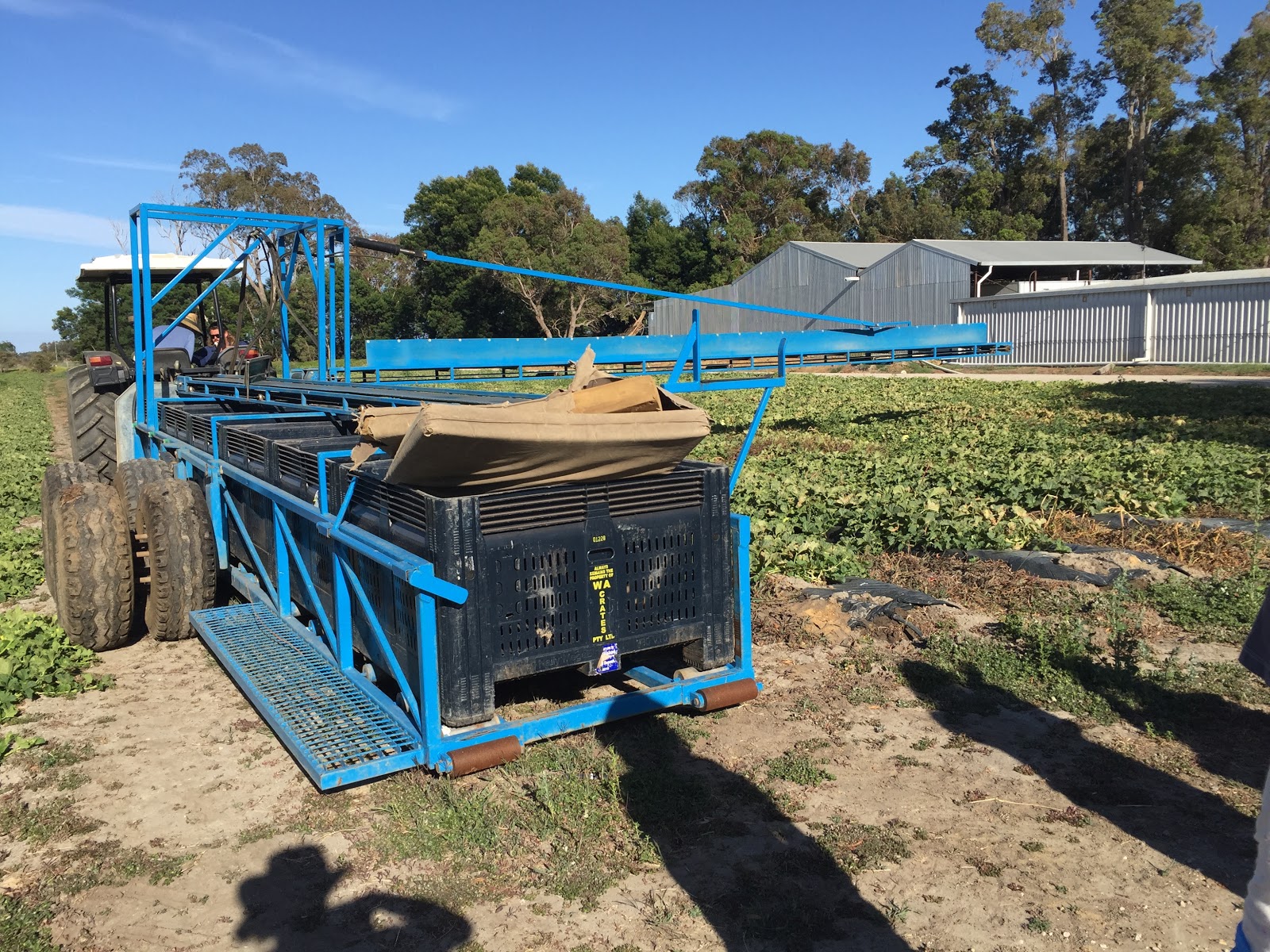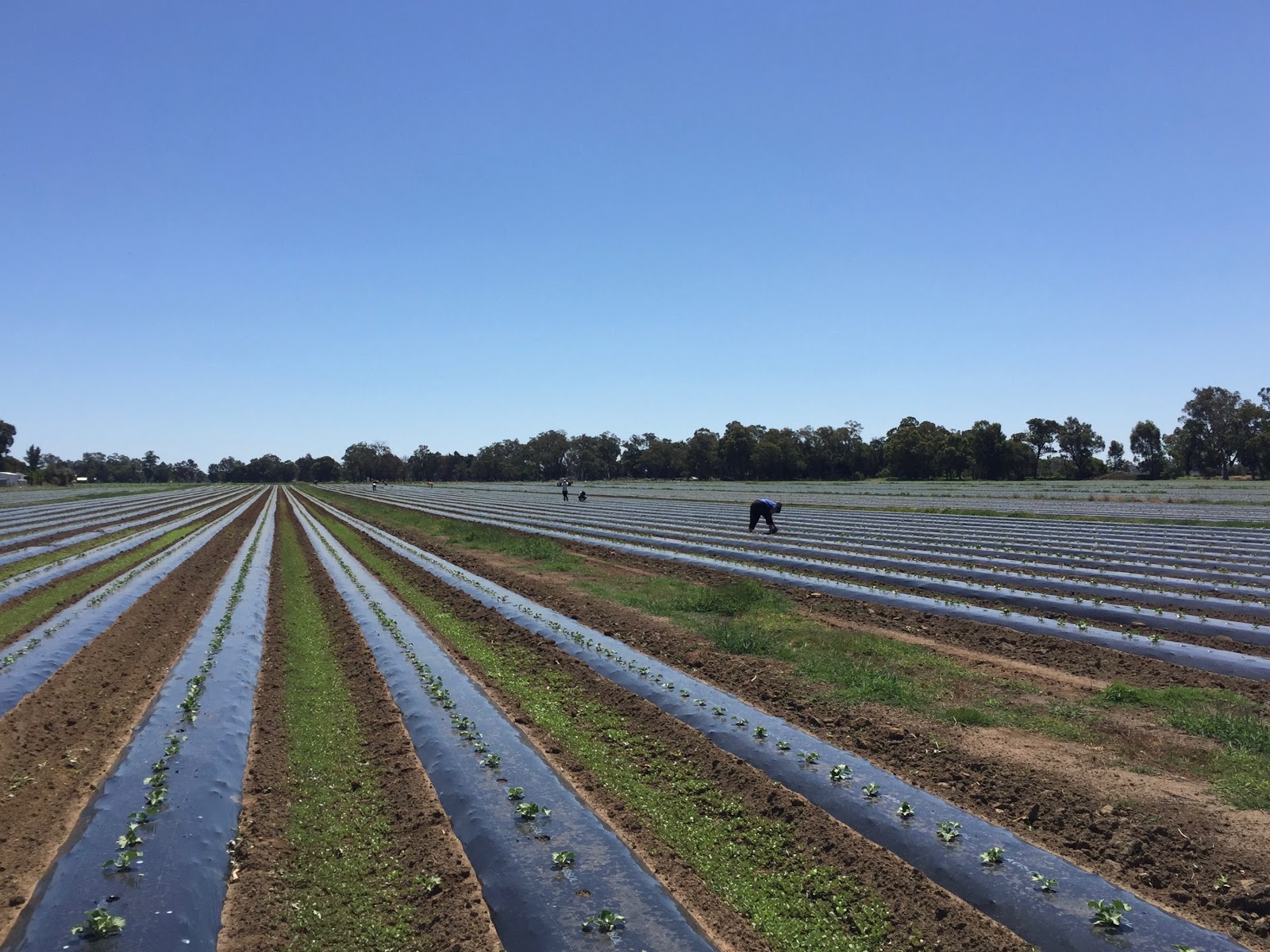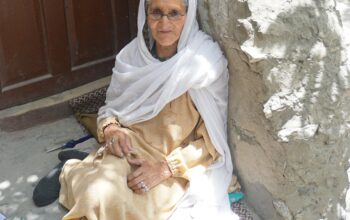People try to buy food locally, but who is producing that? Sweden for example used to be an agricultural country, but today it focuses on other sectors. Who is feeding us now? Not everything can be done by machines. With the expansion of education in our modern service society, few people are willing to do the agricultural work, which implicates low payment for physically demanding and dangerous tasks. I want to take a closer look on that issue and reveal some of its less appealing sides since we are mostly unaware of the problems surrounding us.
There is a universal pattern where farm work gets outsourced to cheaper work forces who are dependent on the employment. In the US mainly by Mexicans, in Australia, Asian and European Backpackers and in Europe for example East European migrant workers are used as cheap labour. I chose to focus on Scandinavia, because the Schengen Agreement makes this practice particularly easy and it is a case study close to home for the students of Malmö University.
Sweden is lacking workers in the agricultural sector, so farmers are searching for workforce elsewhere. In seasoned times, thousands of foreign workers come every year to work in the rural areas, which causes debates about the social and economic implications of these working arrangements. The European Foundation for the Improvement of Living and Working Conditions provides reports about the employment and working conditions of migrants in the EU. With 10,3 percent non-national workers, Austria has one of the largest migrant work forces, in Sweden you can find 4,6 and in Norway 3,9 percent. However, there are thousands of undeclared workers, mainly employed to sectors where no special skills are required. According to the Eurofound, those illegal employments often have “negative implications for their working conditions”.
In construction or care services it is common to employ migrant workers as well. Agriculture is losing its significance as an employer in comparison to the service sector, but it still exists especially for seasonal work such as planting and picking.

Working with sunshine in the garden – or not?
The open internal EU borders are a tremendous economic advantage and a great chance for many individuals. Individuals assert how happy they are with their seasonal jobs which allow them to earn during summer a lot for their families when they return. After the EU enlargements to the East, many citizens from the new member countries left for the West to find a good life there. For a range of them that was also the case. But reports about exploitation, underpayment, lacking insurance and discrimination of the workers through the local population do also exist.
The question is, whether these working arrangements are a blessing or a curse for the workers. It gets problematic, when taking advantage of cheaper labour force turns into pure exploitation. For the employers, seasoned foreign workers have the advantage of demanding less wage, plus they are an opportunity to bypass social security services and taxes. That undermines the national law and brings the workers into danger, who have no insurance in case of an injury or sickness. Most of their jobs are not only physically demanding but also risky and bad for the physical health. Overly long working hours and too short rests are also a part of those problematic working conditions. They have fewer opportunities of training and advancing from unskilled, low-trained jobs, if they come without a special qualification. That is a sort of discrimination against this group by the employers, existing also in Sweden. Irregular employment and the migration status make it additionally hard for the workers to fight for their rights and they are not well represented in trade unions. This is why some media use the words “Modern Slavery”.
Global capitalism and the pressure of producing cheap products forces agricultural landowners to outsource their work to foreign workers. Agencies like the Danish “Baltic Workforce” appear, and they are specialised in placing Eastern European workers into employment by promising the companies that they can save that way up to 30 percent on salary.
A reminder for when you buy your next apple
It is necessary to see the reports always in relation to other factors such as age or sex, that also affect for example the wage, which means that differences to national workers do not only depend on the migration status.
And not all foreign workers have “so-called ‘3D’ jobs: dirty, dangerous and demanding”- that is just the first association when you talk about migrant workers. But they make up a big amount and those jobs are the ones that are connected to social and market challenges. Which is why this article tried to recall to your mind, what is happening in front of our doors.
Photo credits:
Nina Kolarzik, All Rights Reserved










